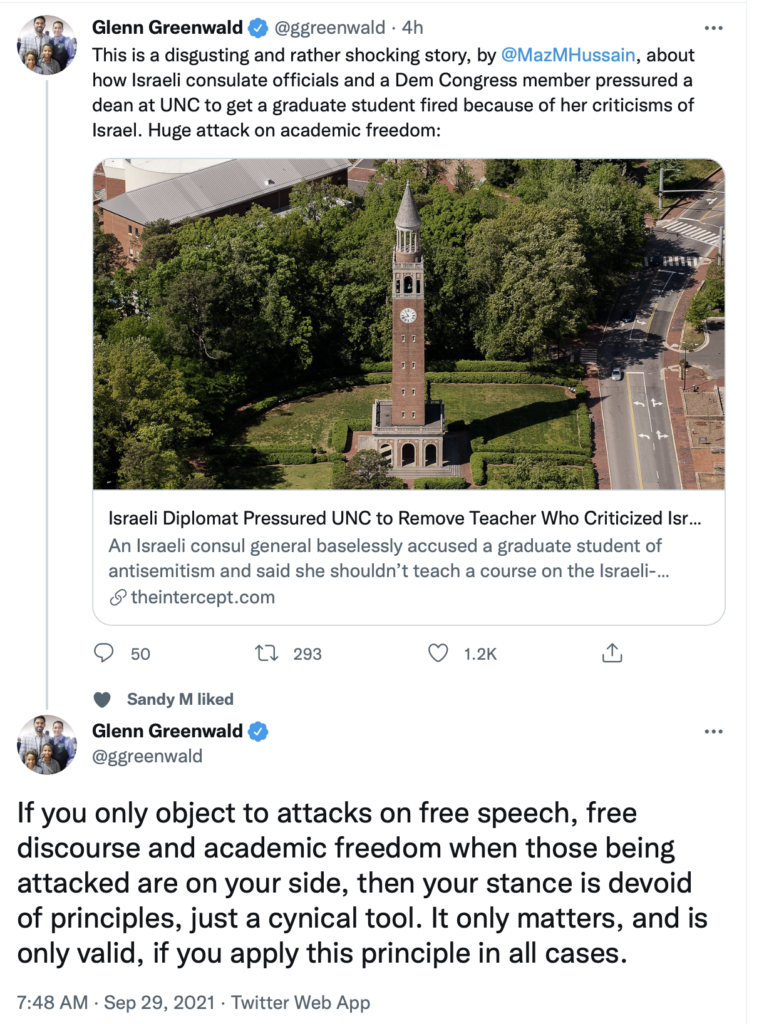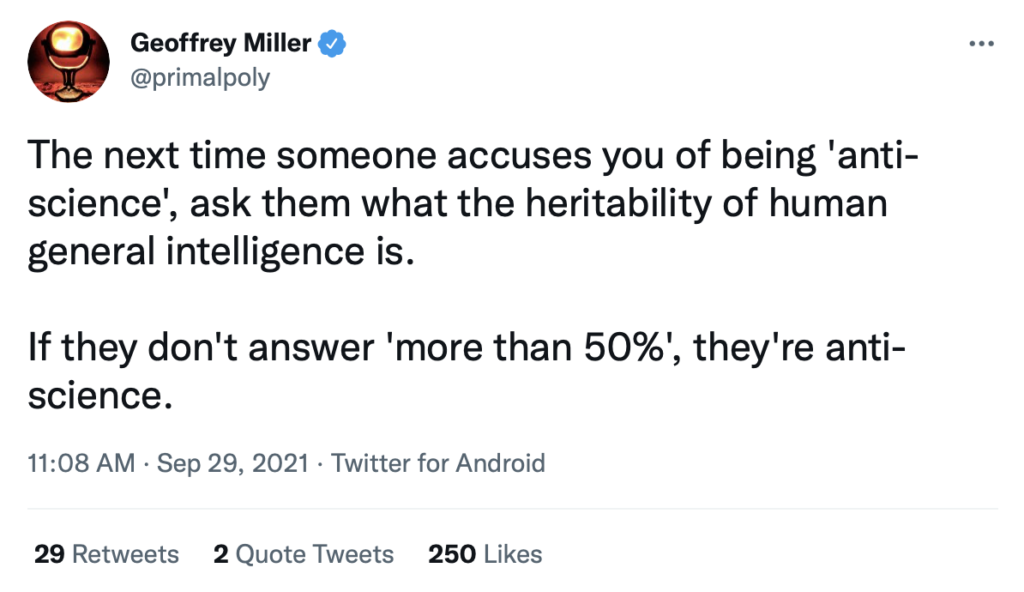The Need for Curiosity to be Nurtured in Colleges
John Tomasi, the President of Heterodox Academy, urges that the deep goal of the university should be to honor curiosity. We should give curiosity free reign at universities, giving it a priority over other important goals such as truth and justice:
The primary demand of curiosity is that it be allowed to roam free. What’s more, by its very nature, curiosity recognizes only boundaries that it sets for itself. Individual by individual, working-group by working group, curiosity stakes out and claims possession of its own domain. But even this sells curiosity short. Curiosity is an inveterate transgressor of boundaries. After all, none of us can know with certainty where another person’s curiosity might lead. Disciplinary boundaries and ideological ones too: No fence can stop curiosity. It slips past every wall.
And yet, unlike truth or justice, curiosity finds its imperatival power precisely in its own gentleness. Consider the phrase: “I wonder why…?” In its quiet and unassuming way, this expression of curiosity depends on no reason or justification beyond itself. Instead, curiosity is justified simply because, and wherever, it is expressed.
While this self-justifying power attends expressions of curiosity everywhere, the status and power of curiosity is amplified by the special conditions of university life. On campus, whenever a colleague or a student leads with a sincere expression of curiosity — “I wonder whether…” — that expression has the ability to stop and turn even the weightiest conversation, like an Archimedean lever. And woe to any authority figure who fails to honor the insistent force of curiosity. Teachers or scholars who discount sincere expressions of curiosity — say by ignoring an inconvenient question, or by belittling the person asking it — reveal themselves as pretenders, as bullies and frauds, in the kingdom of learning. Fail to honor curiosity, even for a moment, and the mask of authority melts from your face.
For all these reasons, I suggest that the practice of curiosity is a sacred value, the highest of goals, for learning communities of all kinds — high schools, colleges, and research universities too. In all such places, curiosity arises, and asserts its imperatival claims, prior even to the concepts of truth and justice.


